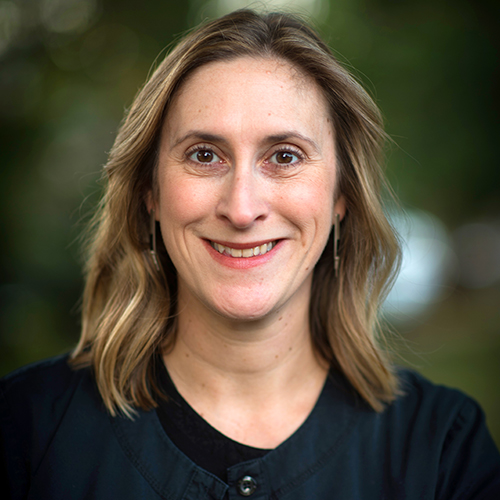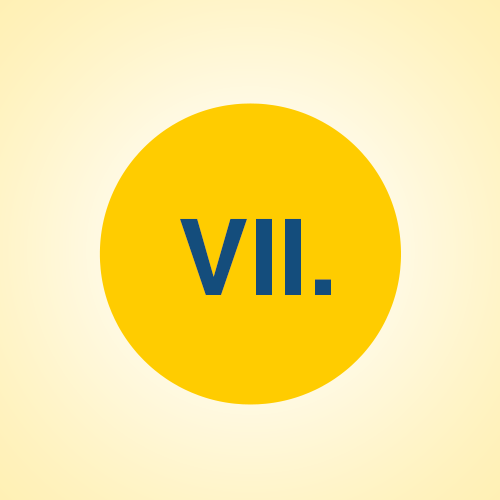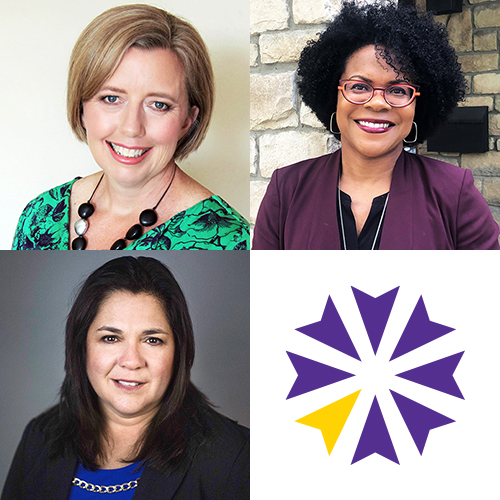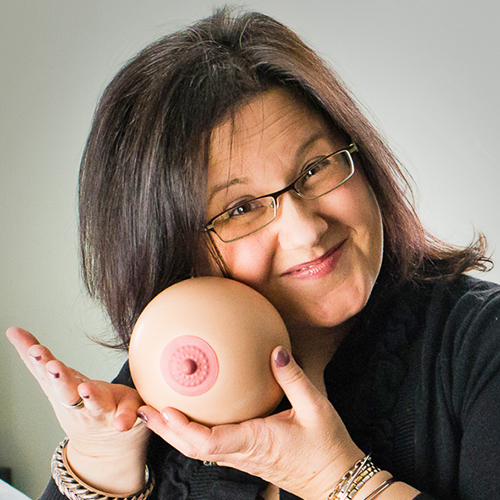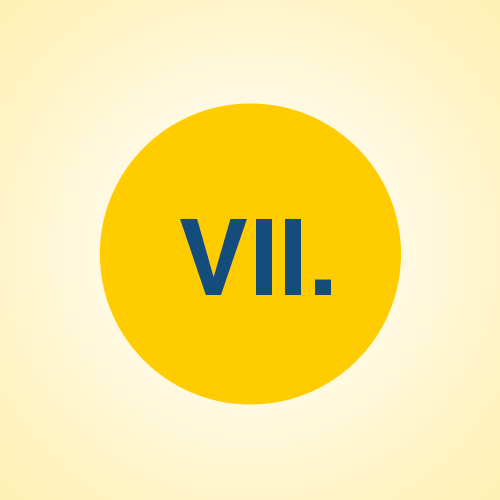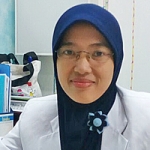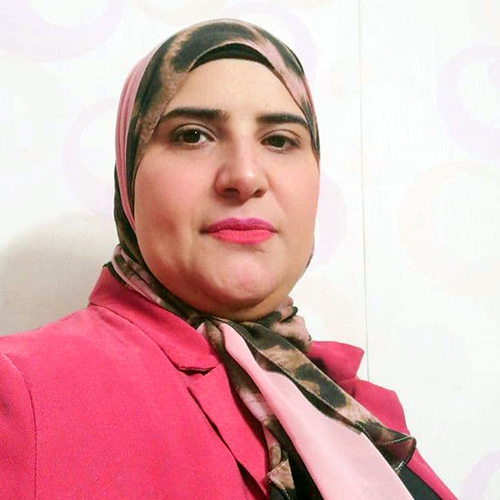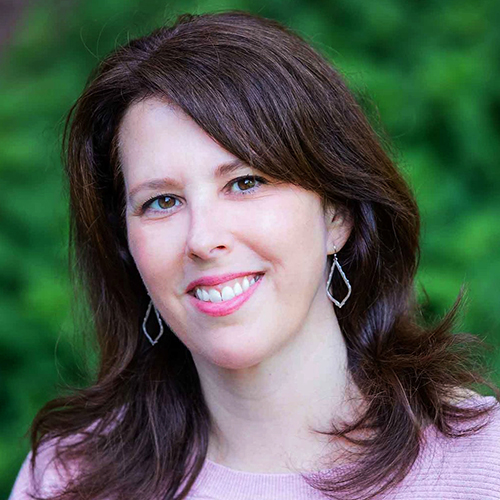 IBCLC Detailed Content Outline: Clinical Skills / Equipment and Technology Focused CERPs - Section VII A
IBCLC Detailed Content Outline: Clinical Skills / Equipment and Technology Focused CERPs - Section VII A
Access CERPs on Clinical Skills / Equipment and Technology for the IBCLC Detailed Content Outline recertification requirements. On-demand viewing of the latest Clinical Skills / Equipment and Technology focused IBCLC CERPs at your own pace.

A Case Study Approach to Critical Thinking Skills for Lactation Professionals

Melissa Cole is a board-certified lactation consultant, neonatal oral-motor assessment professional and clinical herbalist in private practice. Melissa is passionate about providing comprehensive, holistic lactation support and improving the level of clinical lactation skills for health professional. She enjoys teaching, researching and writing about wellness and lactation-related topics. Her bachelor’s degree is in maternal/child health and lactation and her master’s degree is in therapeutic herbalism. Before pursuing her current path, Melissa’s background was in education and cultural arts, which has served her well in her work as a lactation consultant and healthcare educator. She loves living, working and playing in the beautiful Pacific Northwest with her 3 children.
Topic: Beyond Fenugreek: An Individualized Approach to Dietary and Herbal Galactagogues - [View Abstract]
Topic: Beyond the Basics of Latch: Support Strategies for Helping Babies when the Basics Aren’t Enough - [View Abstract]
Topic: Common Infant Digestive Health Concerns and Useful Support Strategies - [View Abstract]
Topic: Connection and Care: Virtual Support for Tongue-Tied Infants - [View Abstract]
Topic: Feeding is Movement: Activities for Supporting Optimal Infant Oral Function - [View Abstract]
Topic: Infant Gut Health: Common Concerns and Useful Support Strategies - [View Abstract]
Topic: Infant Oral Assessment: Exploring Anatomy and Function Beyond the Frenulum - [View Abstract]
Topic: Low Milk Production Detective Work: Assessment and Care Plan Considerations - [View Abstract]
Topic: New Thoughts on Infant Pre and Post-Frenotomy Care - [View Abstract]
Topic: Placenta Medicine as a Galactogogue: Tradition or Trend? - [View Abstract]
Topic: Thinking Critically About the Use of Clinical Lactation Tools - [View Abstract]
Topic: Will It Hurt? Frenotomy Aftercare Strategies to Optimize Healing Outcomes for the Newborn - [View Abstract]
There are many reasons infants struggle to latch and feed well. Critically thinking through a case involves assessing all the variables that may be impacting feedings. This is no easy task when we must consider what is going on on the parent's side and the infant's side. How can we put all the pieces of a complex case together in order to be an effective lactation detective? This interactive session is designed to help providers implement critical thinking skills in order to think outside the box when it comes to difficult cases. Walk through the cases with me and put your skills to the test!

View Details / Enroll
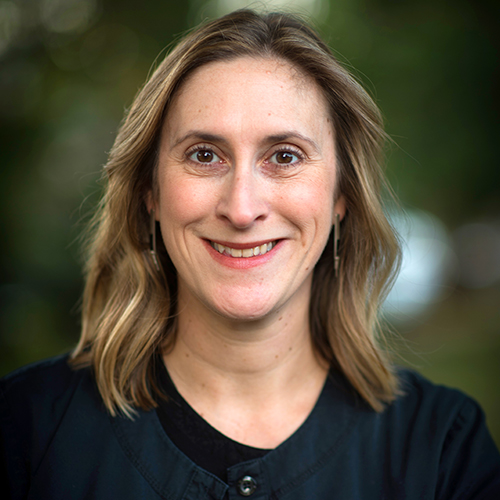
View Details / Enroll
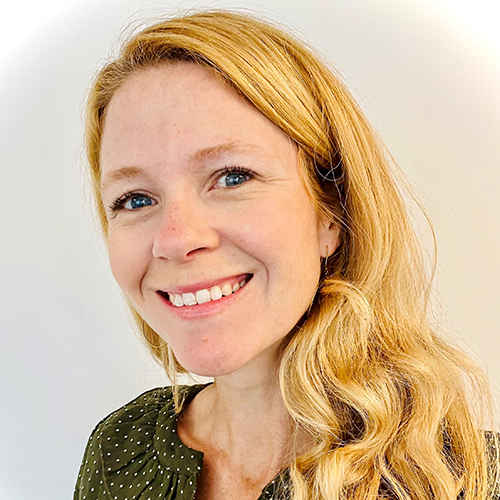
At-Breast Supplementation: Practical Tips for Using a Variety of Supplemental Feeding Tube Devices

Johanna Sargeant is an International Board Certified Lactation Consultant, teacher and writer based in Zurich, Switzerland. She is passionate about utilising her background in education, biological science, psychology and language to empower parents with empathetic support and evidence-based information through her private practice, Milk and Motherhood.
Originally from Australia, Johanna provides much-needed English-speaking support to many thousands of parents throughout Switzerland and across Europe, and has recently been writing new education modules for the European Society of Paediatric Research and the European Society of Neonatology. She has taught at the University of Zurich, has spoken as a panelist for the WHO's Baby Friendly Hospital Initiative congress in Geneva, has been an expert speaker and facilitator for Google, and has presented at a wide variety of international conferences. The complexities of her personal feeding experiences fuels her passion for providing knowledgeable, guilt-free infant feeding support globally.
Topic: Mastering Lactation Conversations: Creating Successful and Achievable Care Plans - [View Abstract]
Topic: Seeing the Bigger Picture: Finding Clues in Our Breastfeeding Clients' Surroundings - [View Abstract]
Topic: When Evidence and Empathy Aren't Enough: Changing Your Lactation Practice to Boost Client Success - [View Abstract]
Using an at-breast supplementer is often thought to be annoying, complicated and unsustainable -- but it doesn't have to be! While many lactation consultants are aware of the benefits of supplementing directly at the breast, many admit to feeling overwhelmed, and few actually use it with their clients. With this presentation, you will learn the specific benefits and barriers to this form of supplementation, view demonstrations of a variety of these devices, and learn some tips and tricks to make this at-breast supplementation feasible and sustainable for families. We all need to feel comfortable recommending and teaching the use of these tools, enabling us to foster the best overall health for the families we support.

View Details / Enroll
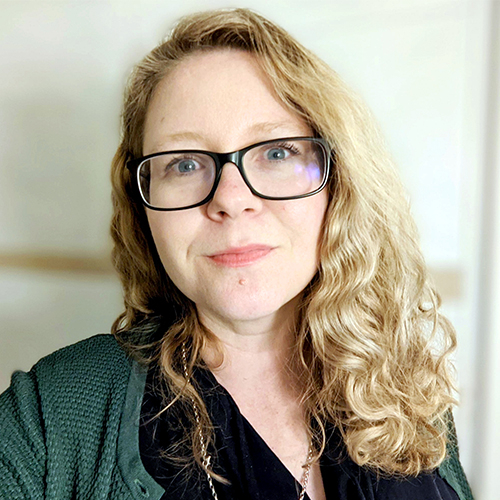
View Details / Enroll
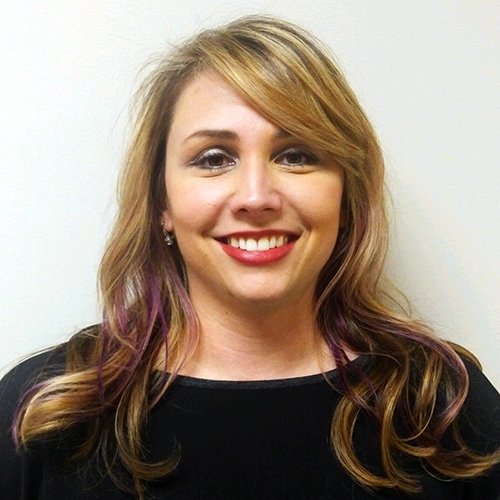
Breastfeeding Medically Complex Infants in the Neonatal ICU

Amber Valentine is a Speech-Language Pathologist who graduated from the University of Kentucky with her MS in Communication Disorders. She is a Board Certified Specialist in Swallowing and Swallowing Disorders and an International Board Certified Lactation Consultant, as well as a Certified Neonatal Therapist (CNT). She worked for Baptist Health Systems, Inc for 8 years before moving to Florida where she worked for Wolfsons Children’s Hospital and Mayo Florida. She is now back in Kentucky working for Baptist Health Lexington. She has experience in adults and pediatrics with feeding and swallowing difficulties including: bedside swallow evaluations, Modified Barium Swallow studies, FEES, and pediatric feeding evaluations including NICU. She has experience with head and neck cancer patient including evaluation and treatment of swallowing difficulties, PMV use, and voice after total laryngectomy including TEP. She has provided guest lectures for the University of Kentucky, Eastern Kentucky University, and the University of Louisville on feeding and swallowing topics. She has presented at the hospital, local, state, national, and international levels on pediatric feeding/swallowing and breastfeeding.
Topic: Breastfeeding Medically Complex Infants in the Neonatal ICU - [View Abstract]
Topic: Building a Successful Breastfeeding Program in the NICU: Challenges and Practical Solutions - [View Abstract]
Feeding is the most complex task of infancy, even in term babies with no complications. There are many diagnoses, conditions, syndromes, and co-morbidities that can impact feeding in neonates and infants. This talk will briefly highlight many of those, but we will focus on three specific populations of interest –Cleft lip and palate, Infants of Diabetic Mothers, and Down Syndrome. We will discuss the specific implications these conditions can have on feeding, why these infants may have difficulty, and the classic symptoms one could expect to see. The differences between delayed and disordered feeding will also be addressed. Strategies and adaptions for both breast and bottle feeding will be discussed. Positioning, nipple flow rate, and external strategies will be explained. Case studies will be shared at the end of the presentation.

View Details / Enroll
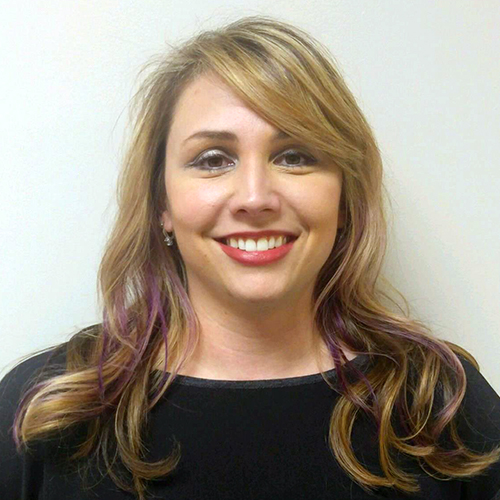
View Details / Enroll
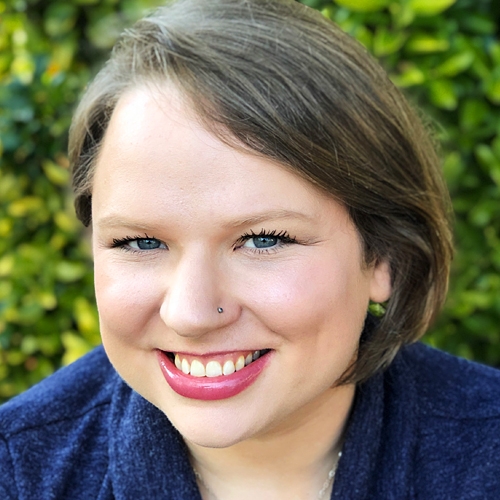
Breastfeeding Without Nursing: Why Do Some Breastfeeders Exclusively Pump and What Can We Do to Support Them?

Fiona Jardine is a PhD candidate at the University of Maryland’s iSchool where she is conducting pioneering research into the experiences of those who exclusively pump human milk, specifically focusing on the information they need, how they find it, and what they do with it. In addition, she is able to provide insights into many different aspects of exclusive pumping thanks to the breadth of the data she collected; follow along with her findings here: bit.ly/EPresearch. Fiona is also an Advanced Lactation Consultant and a postpartum doula so that she can provide the support that she believes is so desperately needed, especially in the fourth trimester. Find out more about Fiona, and the Universal Breastfeeding Symbol she designed, on her website: fionamjardine.com.
Exclusively pumping (EPing) provides a solution to some breastfeeding problems, while still providing most of the benefits of human milk. In addition, the prevalence of EPing is on the rise. However, there is a lack of data on EPing, especially concerning the reasons for EPing and the information and support needs of EPers. My study collected qualitative and quantitative data on these (and many other) topics from over 2,000 EPers; the findings indicate that EPers often get no or bad advice from their health/lactation care providers. This poor knowledge of and negative opinions about EPing often contribute to EPers feeling frustrated and unsupported. In addition, these undesirable experiences threaten both the initiation and duration of breastfeeding-via-EPing. This presentation focuses on the reasons why EPers breastfeed without nursing, their feelings about EPing, their information needs, and what lactation care providers can do to better support EPers.

View Details / Enroll
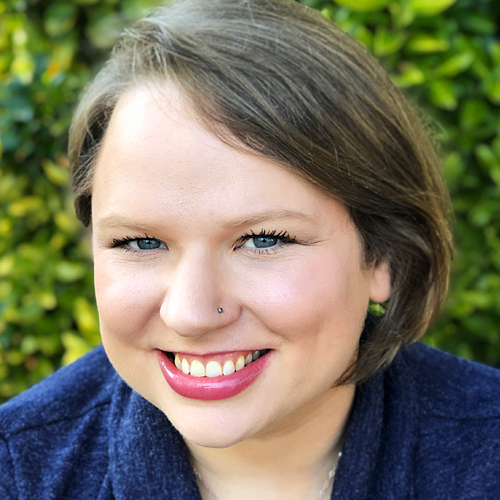
View Details / Enroll
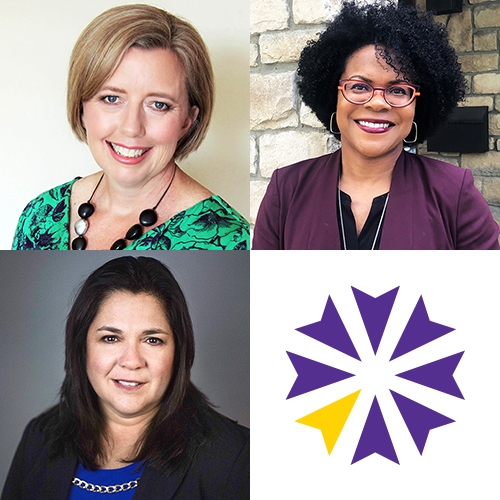

Annette Leary is a registered nurse with over 33 years of experience working in Maternal Child Health. She became an IBCLC In 1995. She works as a Maternal Educator in a large tertiary care hospital (14,000 deliveries a year) that is Magnet designated, JCAHO certified, and BFHI awarded. Her responsibilities include providing outpatient lactation virtual and in-person support, staff education, and inpatient consultations. She began her Upledger Craniosacral training in 2015, taking advanced maternal and pediatric specialty classes. Her most special efforts to date include her marriage of over 33 years, four adult children and being nana to two grandchildren.
Naomi Hull as a Registered Nurse, an International Board-Certified Lactation Consultant (IBCLC) and has a Master of Public Health (Nutrition). Naomi is mum to two teenage young adults, a Rhodesian Ridgeback and three chickens. Since 2006 Naomi has been a volunteer Breastfeeding Counsellor (Cert IV Breastfeeding Education) with the Australian Breastfeeding Association, and she qualified as an IBCLC in 2010 and has worked in a small Private Practice in Brisbane. While completing her MPH at the University of Queensland (UQ) she focused her dissertation on a qualitative review of stakeholder’s perceptions of the implementation of the Australian National Breastfeeding Strategy (2010-2015). Since then she has gone on to lead and coordinate a national team in the assessment of Australian breastfeeding policies and programs using the World Breastfeeding Trends Initiative (WBTi) Assessment Tool. Naomi is the Senior Manager for Breastfeeding Information and Research at the Australian Breastfeeding Association, where she is responsible for the provision of up to date, evidence-based information for the general community and health professionals.
Maxine Scringer-Wilkes graduated with a nursing degree followed later on by her Master of Nursing in 2017 both from the University of Calgary. Maxine was a public health nurse in Calgary for 13 years, where providing face to face contacts with new families soon after discharge is a standard of care. Most families named feeding challenges as their biggest concern. In turn, Maxine developed a passion for lactation support, worked towards and attained the International Board-Certified Lactation Consultant designation, in order to assist families to reach their feeding goals.
In 2016, Maxine made the transition from public health to acute care where she currently works in all areas of a large Children’s hospital to support dyads with a myriad of lactation concerns but is primarily in the NICU. Maxine’s responsibilities includes orienting new staff to teaching a provincial lactation education within a team. Maxine is passionate about sharing knowledge with aspiring LCs and is a mentor to many. Maxine participates on numerous committees to update lactation and feeding policies, procedures and documents. Furthermore, she volunteers on provincial and national breastfeeding committees.
The past decade has seen a marked increase in telehealth. Lactation support in a virtual format had been slowly increasing virtual access to care prior to COVID-19. As the pandemic started, in a matter of weeks, it became necessary to embark on virtual care for the majority of lactation support and care providers were forced to adapt to a new method of care. This sudden change has highlighted both the benefits and drawbacks of virtual lactation support. The learning curve continues and this panel has been designed to explore the lessons, the triumphs, the challenges, and the future needs for virtual lactation care.

View Details / Enroll
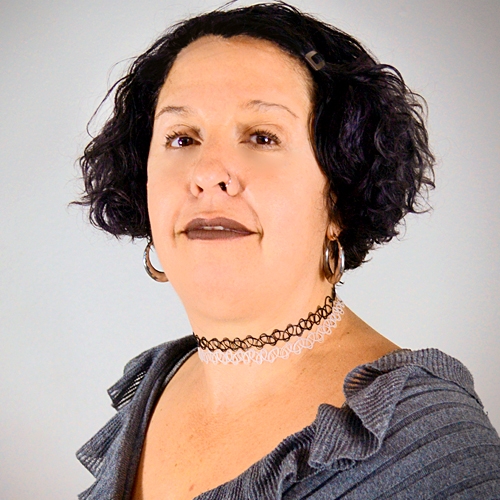
Equity and Safer Infant Feeding in Times of Disaster and Civil Unrest

Lourdes Santaballa is a community activist and organizer, with a background in domestic violence, affordable housing, and economic equity advocacy. A La Leche League leader from 2009-2017 and IBCLC since 2011, she was the founder of the lactation program at sePARE, providing coordinated services to low income families, leading it to receive the ILCA Care Award and received the Wilson-Clay Hoover Award for Research. Lourdes received the notorious Drs. Ruth Lawrence and Audrey Naylor Legacy Scholarship in 2016 by the United States Breastfeeding Committee, the Miriam H. Labbok Award for Excellence at the Breastfeeding and Feminism conference in 2018 and is currently completing her master’s degree in clinical nutrition. In October 2017, following Hurricanes Irma and Maria, Lourdes founded Alimentación Segura Infantil or ASI, an Infant and Young Child feeding program focused on increasing breastfeeding, leadership and training in marginalized communities in Puerto Rico.
In times of civil instability and changing global climate, we risk natural disasters, infrastructure failure, terrorist situation, police brutality, mass migration, chemical accident, war or other type of emergencies. Infants and young children under the age of 2 are the most vulnerable due to their dependence on adults for survival and their delicate physiology. We know that lactation in emergencies saves lives, yet the unrest that occurs in the days immediately after the disaster may contribute to premature weaning. At the same time, many babies are not breast or chestfed at all or only partially. This session will explore the methods to preserve breastfeeding, decrease the use of formula and other human milk substitutes, promote relactation, and teach appropriate complementary feeding in a disaster appropriate, low tech and resource limited environment. We will also discuss the colonial and patriarchal of humanitarian relief and how to make equity our focal point.

View Details / Enroll
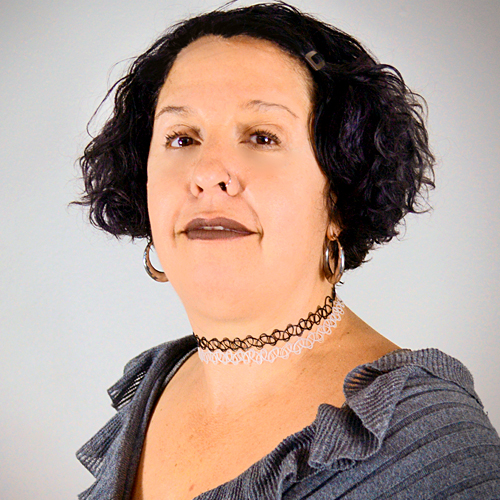
View Details / Enroll
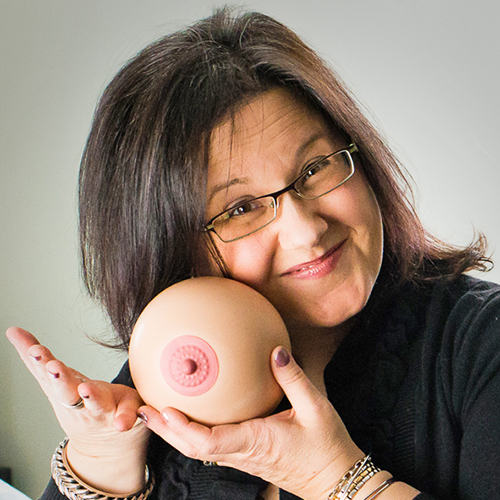
Fitting Flanges for Pumping: Rethinking Sizes and Materials

Jeanette Mesite Frem, MHS, IBCLC, RLC, CCE is an experienced childbirth educator, IBCLC-lactation consultant and retired birth doula. She started her career working with families while serving as a Peace Corps Volunteer in Côte d'Ivoire, West Africa in the early 90s. She loved that work so much she went on to receive a public health masters degree from Johns Hopkins School of Public Health, focusing her studies on nutrition for maternal and child health. Her two children were breastfed for more than 2 years each and Jeanette has experience pumping at work for both children and has supported more than a thousand families with feeding and pumping over the last 20 years.
Jeanette provides prenatal childbirth and breastfeeding classes at her office in Northborough, Massachusetts, as well as providing virtual and office feeding consultations. She also enjoys leading workshops for perinatal health professionals and mentoring those who work with families. If you have questions, feel free to email [email protected].
Topic: Pumping for Hospitalized Babies: 12 Keys to Supporting Families - [View Abstract]
As lactation professionals, our overall goal is to help more babies get more human milk. Our work often includes supporting families with pumping. For many years, we have been told to "size up" for pump flange/breast shield size but many parents and lactation professionals are now finding that sizing down is much more effective for comfort, yield and pumping efficiency. But how small? Do silicone flanges work just as well as hard plastic? Does the shape of the flange influence milk removal and comfort? This session will show participants many different flanges sizes, several different types of flanges and video snippets of real parents pumping with some of them. The session will focus on how lactation professionals can actually do a flange fitting WITH a client, both in-person and virtually. Providing effective flange fitting services as a lactation professional can increase pumping comfort and significantly increase milk yield and extend the duration of lactation for many families.
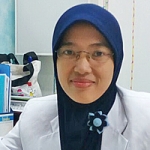

I am a wife and mother of two breastfed children. I was a general practitioner and am currently more focused on helping mothers to breastfeed. I work at Puri Cinere Hospital and Kemang Medical Care Women and Children as a lactation counselor. I currently on leave due to accompany my husband school in United State for his PhD programs. Since 2009, I've been helping mothers who have difficulties breastfeeding. It is a delight when we meet during tough times, then met again once their breastfed child are big and smart, and most importantly successfully breastfed. My desire is to help mothers to breastfed wherever I live in this world.
Good doctor–patient communication is essential for positive health care outcomes. Ideal doctor–patient communication generally is reflected in a partnership communication style. However, in Southeast Asian settings, we often see a more one-way style with little input from the patient.
Helpline services is breaking the ice, and is considered a new option modality for patients in Indonesia. The ease in contacting medical professionals through phone and text messages seems more comfortable, personal and inexpensive.
Breastfeeding support via a helpline helps mother to feel reassured, confident and more determined to continue breastfeeding, and in majority of occasions resolves their particular concerns.
Lactation Clinic in Puri Cinere Hospital, Depok, West Java, Indonesia was established in August 2011 and operated a helpline since the beginning of its establishment. Helpline service is open 24 hours daily, through phone, text messages, whatsapp, or blackberry messenger directly to doctors who are also breastfeeding counselors. There are six doctors who take turns every month to receive calls and reply to messages. Helpline numbers are distributed to patients during post natal rounds or at patients doctors appointments in lactation clinic.
A longitudinal study conducted in March to December 2014 shows 202 helpline cases in 9 months. There were 29 cases (14%) questioning EBM handling, 24 cases (12%) asking about complementary feeding, 19 cases (9%) of infant stool, 19 cases (9%) medication and mother's milk, 15 cases (7%) frenotomy after care and other various problems. 63% cases were successful managed via helpline, and 37% cases were referred to the Lactation Clinic to get further help.
There were many cases resolved through helpline calls and messages. High success rate of helpline management shows that helpline program is effective to help mothers and resolved their particular concerns; especially in Indonesia.

View Details / Enroll
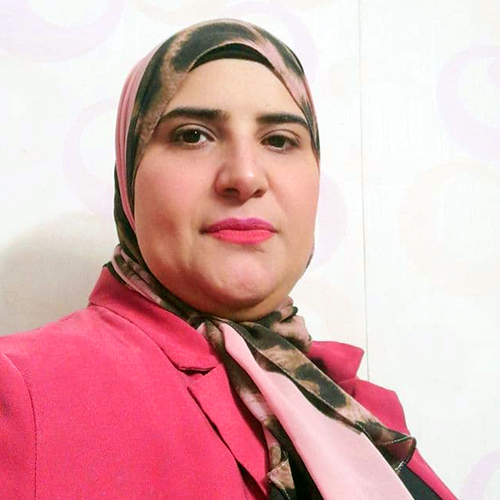

Dr.Fayrouz Essawy Pediatrician, Neonatologist, IBCLC • Neonatology Consultant • Bachelor of Medicine and surgery - Cairo University 2004 • Master degree of pediaterics - Ain shams University 2012 • Egyptian neonatology fellowship 2015 • IBCLC 2015 • LCCC course instructor & developer 2016 • Breastfeeding medicine specialist. • Baby friendly coordinator. • Harvard Graduate of Training of trainee program 2020. • Member of the Egyptian Society of Pediatrics • Member of the Egyptian lactation consultant association (ELCA) • Member of the academy of breastfeeding medicine (ABM) • Member of the international lactation consultant Association (ILCA)
The feeding of breast milk during the NICU admission reduces the risk of short-and long-term morbidities especially in premature infants. Breastmilk provides immunological, anti-infective, anti-inflammatory, epigenetic, and mucosal membrane protecting properties. The mechanisms by which human milk provides its protection are varied. These mechanisms include immunological and specific unique human milk components that are not present in formula. Thus, the feeding of mother’s own breastmilk should be a NICU priority and every NICU should have a breastmilk storage and handling policy. In this presentation we will discuss how we can counsel parents about the infection control measures and guidelines related to storage, handling and administration of breastmilk to babies in the NICU. Learn more about hospital grade pumps, pumping at home vs pumping in hospital setting, prevention and management of potential mistakes such as giving a child another mother’s milk and how to handle and store fortified breastmilk.

View Details / Enroll
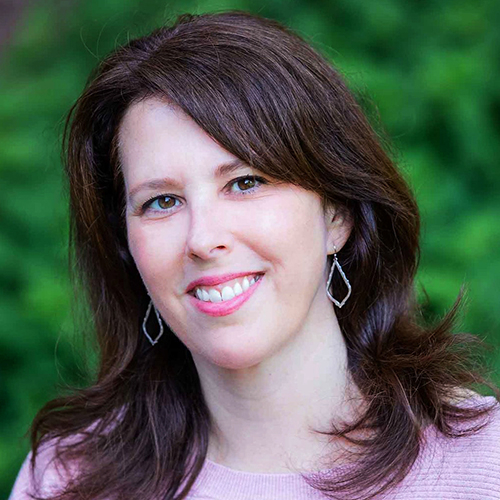
Nurturing the Future of Lactation Care: It’s up to All of Us!

Allison Walsh IBCLC LCCE FACCE is an International Board Certified Lactation Consultant (2006), Lamaze Certified Childbirth Educator (2000), and and doula (2000) in private practice in New York City. She is one of the three founders of the Lactation Learning Collective, which offers education and support to those on the pathway toward certification as International Board Certified Lactation Consultants along with families in need of lactation support. She trains childbirth educators as a Co-Director of the NYC Lamaze Childbirth Educator Program and is a past president of Lamaze. Allison has represented Lamaze International as a delegate to the United States Breastfeeding Committee since 2004, and has served in various leadership and committee roles. Allison is a member of the New York City Breastfeeding Leadership Council, the New York Lactation Consultant Association, and an active La Leche League Leader. She co-chaired the Save the Birthing Center Committee which was a group of professionals, advocates and consumers who fought valiantly but unsuccessfully to stop the closure of the Mount Sinai West (formerly Roosevelt) Birthing Center in New York City. Prior to the birth of her first child, Allison was a political consultant and community organizer. Skills from that “past life” are useful in all aspects of her work in the birth world. She is a graduate of Syracuse University and mother of three formerly breastfed children. Allison thinks that babies are the most interesting of all people and never underestimates the power of a good cup of tea, fresh air, and fresh bed linen.
The possibility of serving as a mentor can feel perfectly comfortable to some people, while overwhelming and frightening to others. This presentation will discuss the steps to becoming a mentor and fostering a productive mentoring relationship to grow the lactation care profession. Join one of the founders of NYC's Lactation Learning Collective for an in-depth look at the why’s and how’s of mentoring the next generation. Learn about IBLCE’s requirements and how to smooth the process and make it fulfilling for both mentees and mentors.



